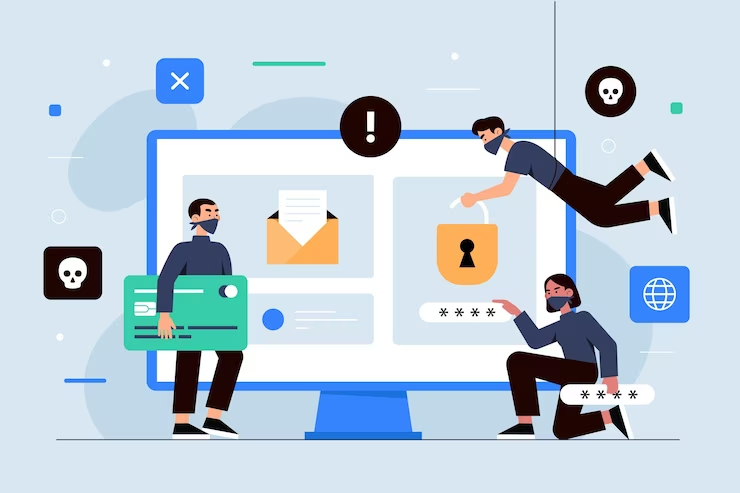Reading as a Mental Gym for Strategic Thinking
Reading stretches the mind like morning yoga stretches the muscles. Not every book sparks strategy, but those that do train the brain to weigh cause and effect, analyze outcomes, and forecast possibilities. Historical biographies, economic case studies, and even well-crafted novels ask the reader to slow down reflect, and make mental connections.
In the process, reading builds patience and long-term vision. This kind of mental training quietly strengthens economic thinking. Many people include Z-lib in their daily reading habits, not just for convenience but for access to a wide mix of thoughtful material. Repeated exposure to layered stories and ideas trains the reader to zoom out from the short-term noise and see broader patterns.

The Link Between Story and Strategy
Stories hold power, and when used wisely, they teach patterns of decision-making. A novel about a failed utopia might do more to explain inflation than a dozen lectures. Characters weigh risk, act on limited information, and face the consequences – much like business owners and policymakers do. Reading these arcs sharpens the reader’s sense of timing and judgment.
When readers engage with texts that challenge them, they develop stronger memory, sharper focus, and an improved ability to map connections across ideas. That’s the same mental map economists and planners rely on to make projections. Curiously, one can even find access to deeper reading threads through Reddit, which shows how layered reading habits have quietly shifted online.
Reading Habits That Mirror Economic Discipline
Reading for long-term thinking often mimics the habits of good investing. Both require attention to detail and comfort with delayed gratification. When someone reads an entire trilogy or dives into a dense nonfiction volume, they’re showing the same skill set as someone studying market trends across decades.
Brief reading or skimming is like checking stock prices every hour—lots of activity little insight. Deep reading though, slows time. It trains the mind to build on previous understanding instead of chasing the next headline. That’s a muscle not everyone uses but the benefits last a lifetime.
Now consider these kinds of reading that encourage economic foresight:
● Narrative History
Books that trace the rise and fall of civilizations or companies deliver more than facts. They offer patterns. Readers spot repeated themes like overconfidence in boom times or hesitation during recovery. These insights stick because they’re tied to emotion and story, not just data. That emotional layer helps the lessons hold firm even years later when those ideas become useful in decision-making.
- Science Fiction with a Foot in Reality: Speculative fiction grounded in real science often explores future economic models, political systems, and ecological risks. Reading about imagined futures trains readers to spot weak signals in the present. It encourages scenario planning and flexible thinking. Many tech leaders cite old sci-fi novels as inspiration not for their gadgets but for their economic models and ethical debates.
- Behavioral Economics in Plain Language: Books that unpack how people think about money choices and value can rewire a reader’s approach to daily decisions. These books often combine stories with research, helping readers link emotional patterns with rational plans. It’s not about turning readers into economists—it’s about making them pause and rethink the default. Books like these create mental grooves. They don’t deliver instant answers, but they do prepare the reader for smarter reactions. That preparation often matters more than prediction in the long run.
Why Quiet Reading May Matter Most?
Economic thinking thrives on clarity and reflection. Reading—especially deep focused reading—offers both. In a world full of noise, those who build quiet daily reading habits often carry sharper tools. They absorb nuance, resist urgency, and tolerate ambiguity. Over time, those are the same traits that help people make sound financial and strategic decisions.
Reading is no silver bullet. But when done with purpose, it teaches minds to see around corners, not just straight ahead.
















Add Comment